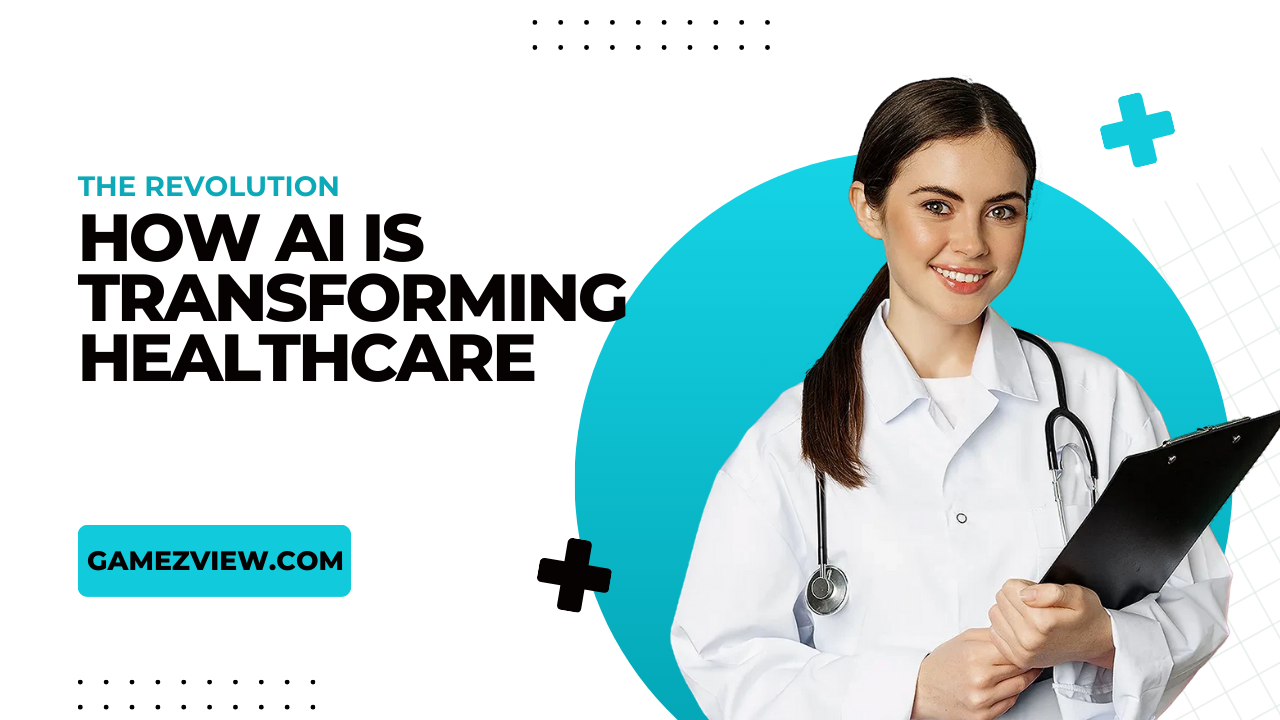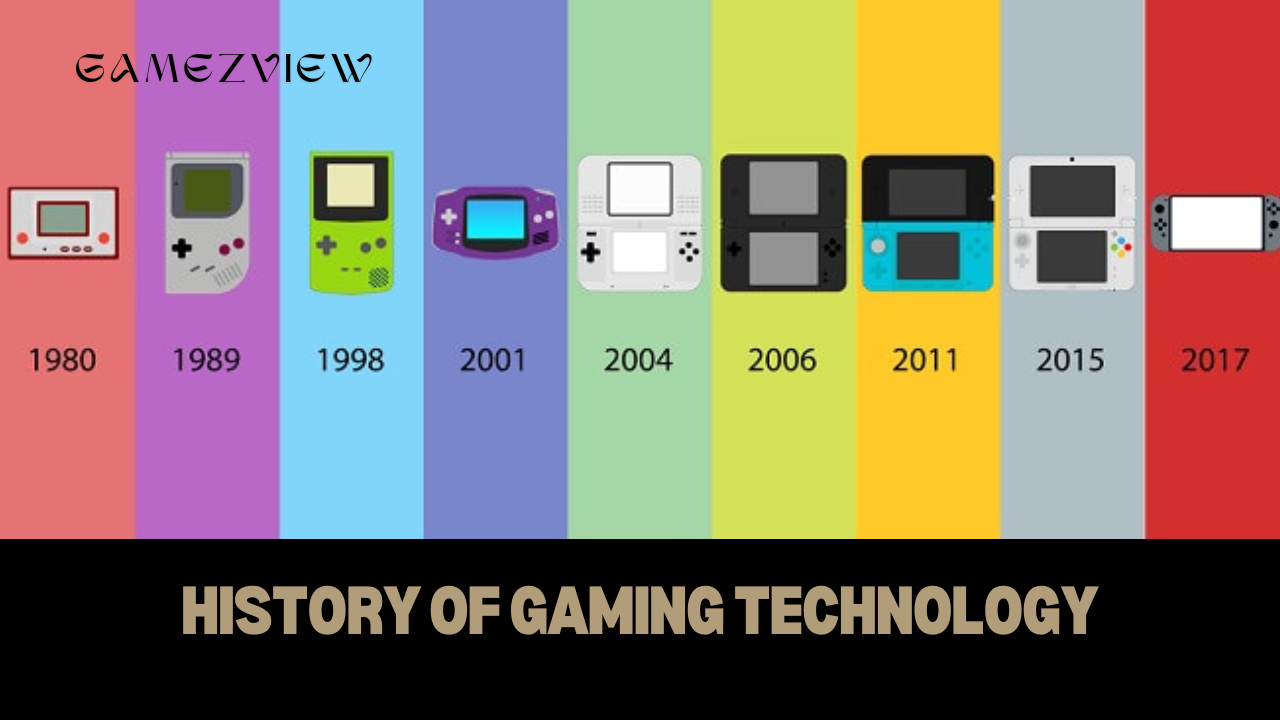Artificial Intelligence (AI) has emerged as a groundbreaking technology with the potential to revolutionize various industries, and healthcare is no exception. In recent years, AI has been increasingly integrated into medical research, diagnosis, treatment, and patient care, ushering in a new era of innovation and advancement. In this article, we explore the profound impact of AI on healthcare and how it is reshaping the landscape of medicine.
Diagnosis and Disease Detection
One of the most significant contributions of AI to healthcare is its ability to assist in diagnosis and disease detection. AI-powered algorithms analyze vast amounts of medical data, including patient records, lab results, imaging scans, and genetic information, to identify patterns and detect anomalies that may indicate the presence of diseases or medical conditions. This enables healthcare providers to make more accurate and timely diagnoses, leading to better patient outcomes and improved treatment strategies.
Personalized Medicine
AI is revolutionizing the field of personalized medicine by tailoring treatment plans to individual patients based on their unique genetic makeup, medical history, lifestyle factors, and preferences. Machine learning algorithms analyze complex datasets to identify optimal treatment options and predict how patients are likely to respond to different therapies. This allows healthcare providers to deliver targeted interventions that are more effective, safer, and less likely to cause adverse reactions.
Drug Discovery and Development
Traditional drug discovery and development processes are time-consuming, costly, and often fraught with challenges. AI is streamlining this process by accelerating the identification of potential drug candidates, predicting their efficacy and safety profiles, and optimizing clinical trial design. By leveraging AI-driven algorithms and computational modelling techniques, researchers can expedite the discovery of novel drugs and bring them to market faster, ultimately improving access to life-saving medications for patients worldwide.
Remote Monitoring and Telehealth
The rise of telehealth and remote monitoring technologies has been accelerated by AI, enabling healthcare providers to deliver care to patients anytime, anywhere. AI-powered devices and wearable sensors can collect real-time health data, such as vital signs, activity levels, and medication adherence, allowing for continuous monitoring of patients with chronic conditions or those undergoing post-operative care. AI algorithms analyze this data to detect changes in health status and alert healthcare providers to potential issues, facilitating timely interventions and reducing the need for hospital readmissions.
Surgical Robotics and Automation
AI-driven surgical robotics and automation systems are revolutionizing surgical procedures by enhancing precision, efficiency, and safety. These advanced technologies assist surgeons in performing complex procedures with greater accuracy and control, reducing the risk of human error and improving patient outcomes. AI algorithms analyze pre-operative imaging data to create 3D models of the surgical site, guide the placement of surgical instruments, and adjust in real time to changes in anatomy or tissue characteristics during surgery.
Ethical and Regulatory Considerations
While the potential benefits of AI in healthcare are vast, it is essential to address ethical and regulatory considerations to ensure patient safety, privacy, and equity. Concerns related to data security, algorithm bias, transparency, and accountability must be carefully addressed to foster trust and acceptance of AI-driven technologies among healthcare providers, patients, and regulatory authorities. Additionally, ongoing collaboration between stakeholders, including researchers, clinicians, policymakers, and industry leaders, is crucial to navigating the complex ethical and regulatory landscape surrounding AI in healthcare.
AI is poised to revolutionize healthcare by transforming diagnosis, treatment, patient care, and medical research. From improving diagnostic accuracy and enabling personalized medicine to accelerating drug discovery and facilitating remote monitoring, AI-driven technologies hold immense promise for improving health outcomes, enhancing patient experiences, and advancing medical science. However, realizing the full potential of AI in healthcare requires careful consideration of ethical, regulatory, and societal implications, as well as continued innovation and collaboration across the healthcare ecosystem.



